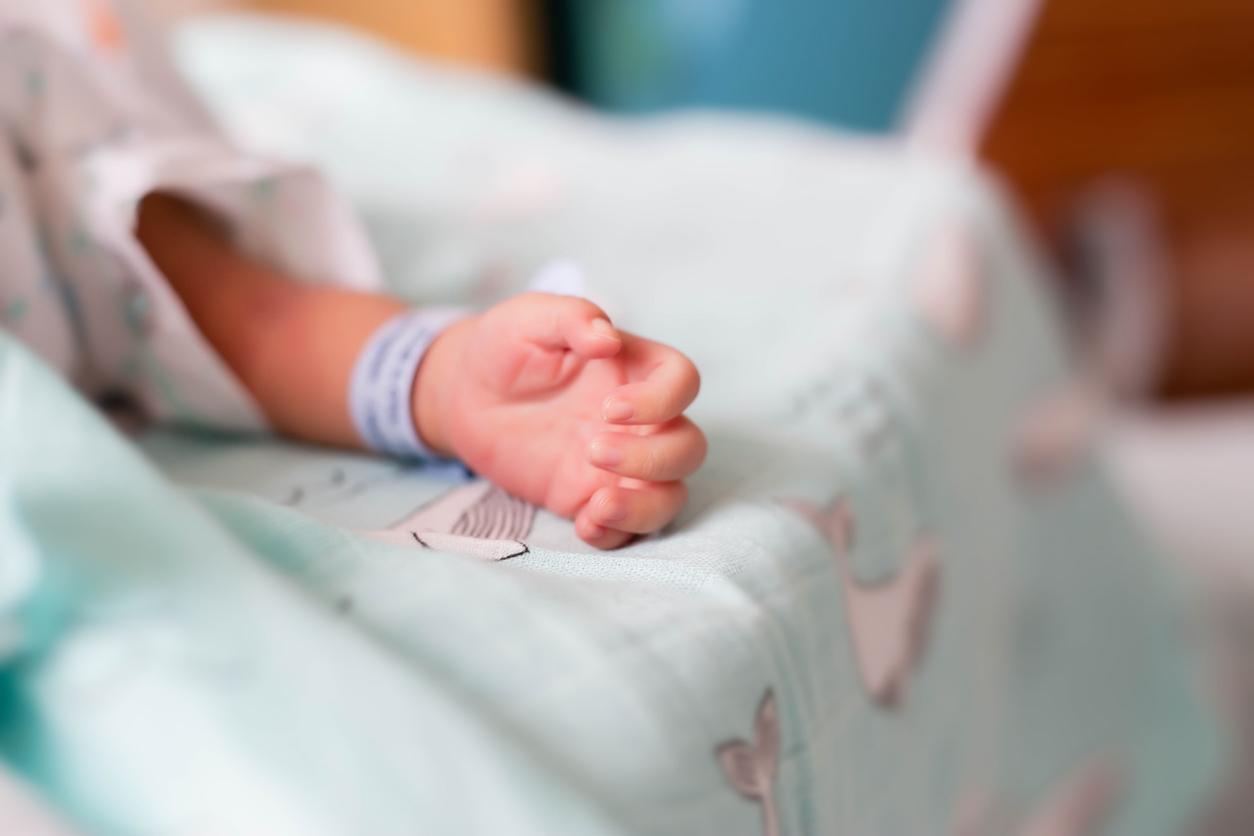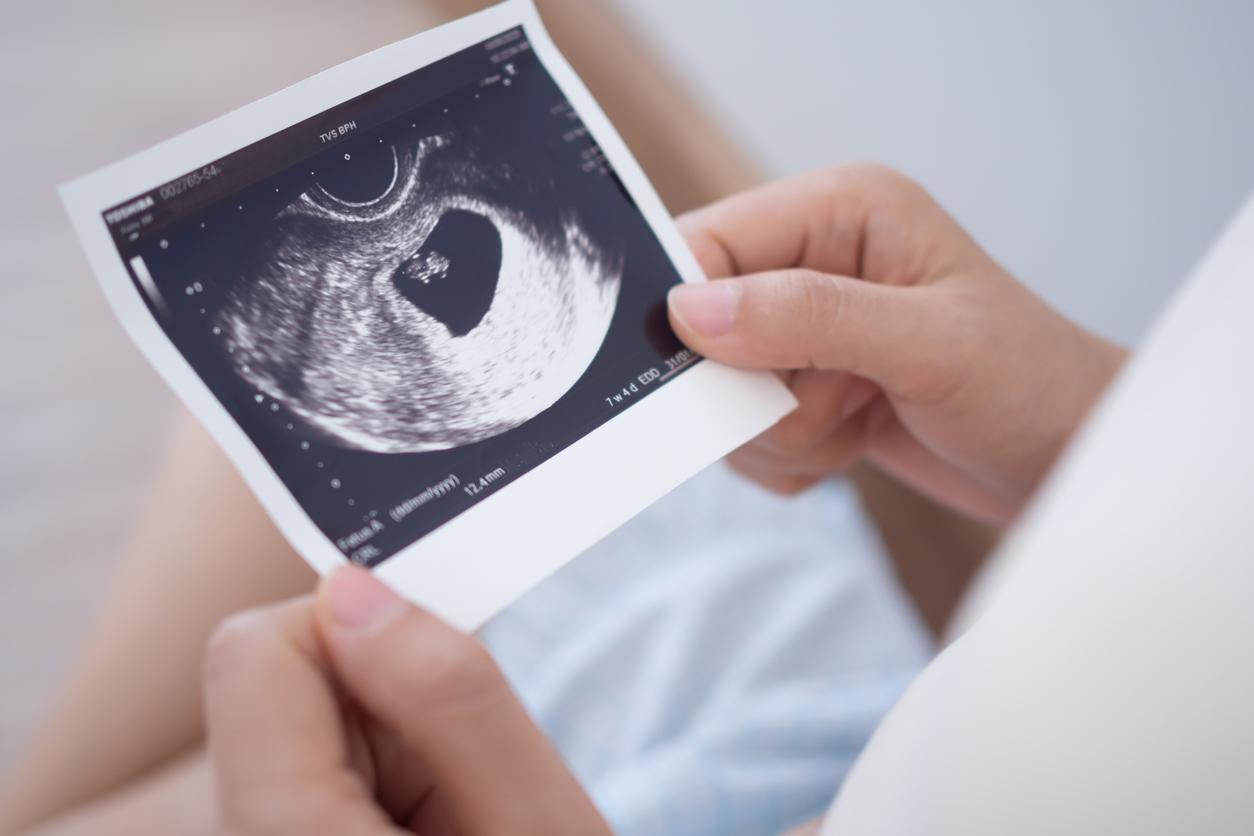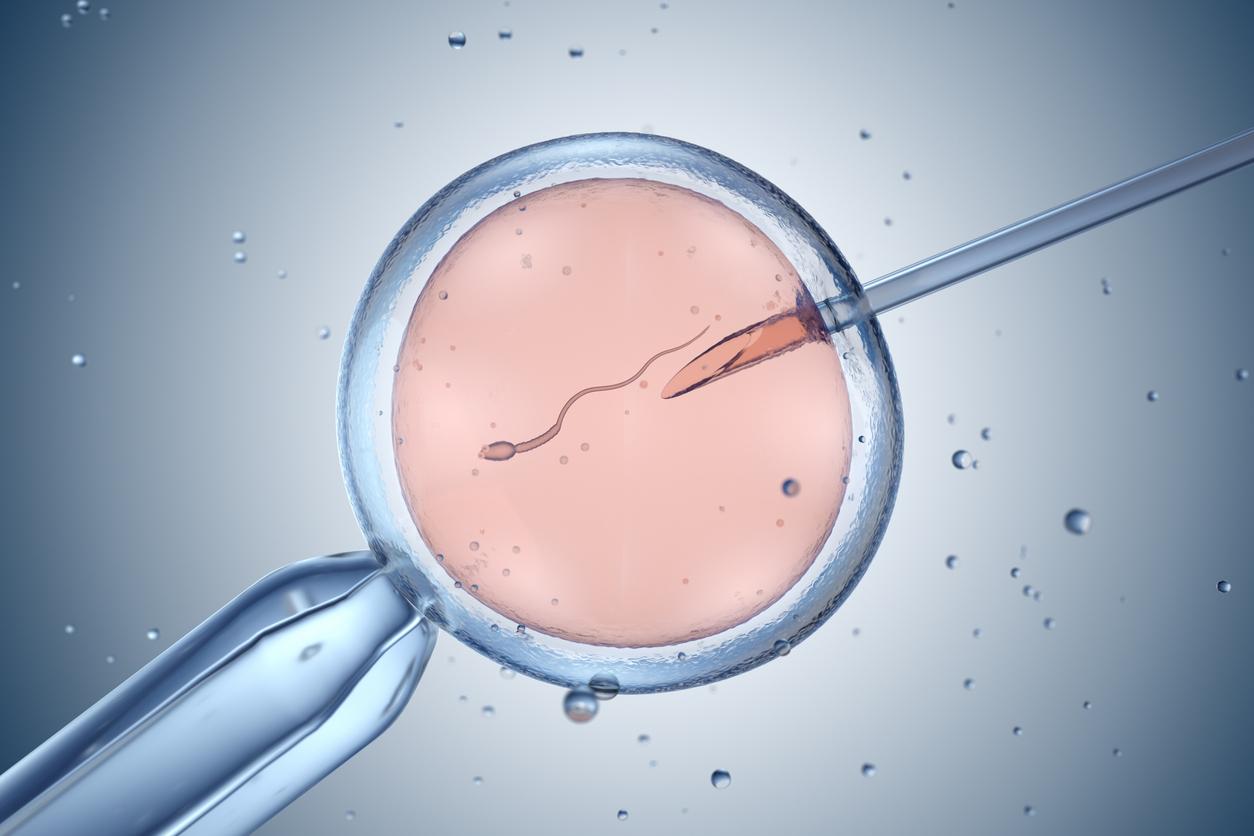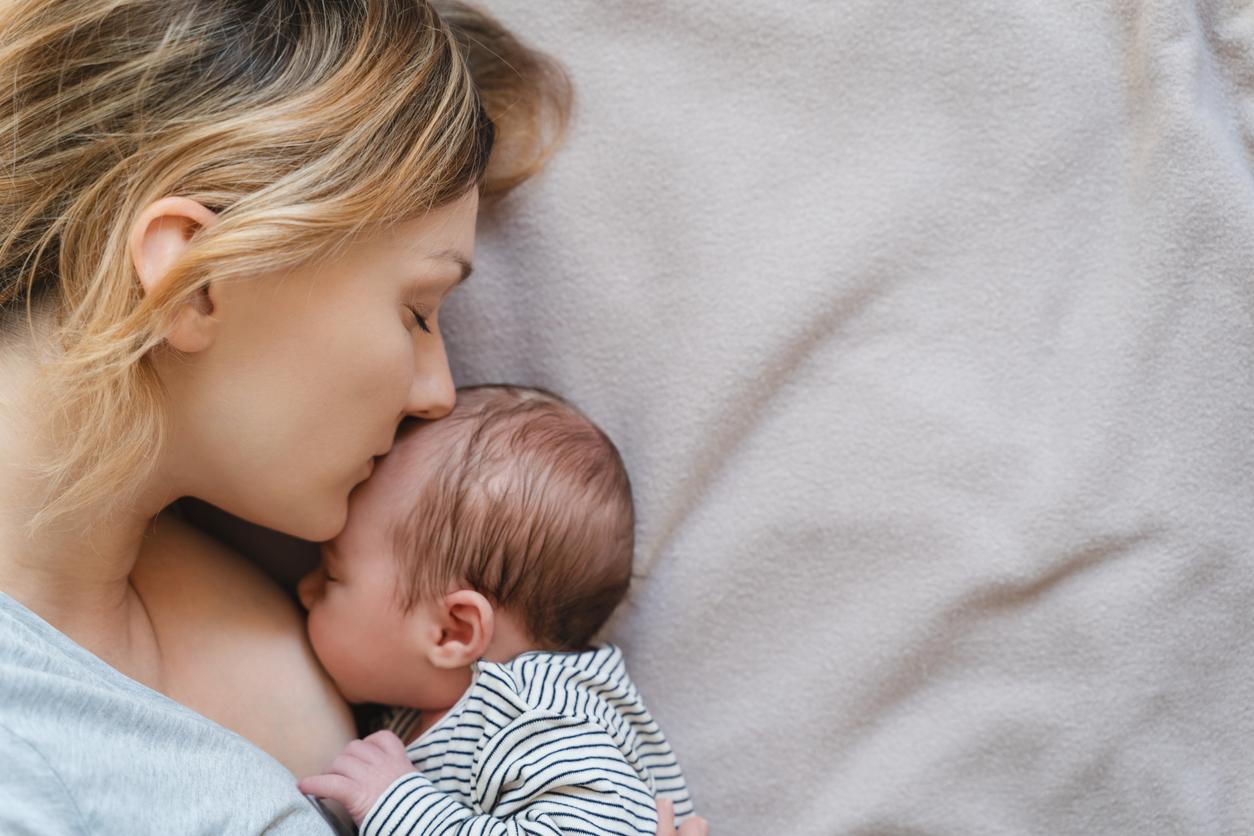To avoid reinforcing guilt, do not minimize the suffering of the person who had the miscarriage.

Even in the first trimester, having a miscarriage can lead to real psychological distress in the women (and men) affected. Rather than wanting to minimize or encourage moving on, it is better to let the floor speak.
A miscarriage is also a bereavement
Whatever the term, even in the first weeks, to have a miscarriage is to lose a fantasized and sometimes long-awaited child. For some, the questioning is very important and can concern plans to move or change jobs, for example.
Rituals have all their importance here, and can help to accompany this process of mourning for a desired being. If of course a funeral is not always possible, performing a symbolic act such as planting a flower or a tree in memory of the child, or writing him a letter, can help to collect and honor this imagined baby.
A trauma that should not be trivialized
The experience of a miscarriage can be a very distressing trauma, including in the long term, especially if it is the first child. Anxieties of death can then be very present throughout a future pregnancy or after the birth of the newborn.
Rather than trivializing or encouraging a new pregnancy, it is preferable to consult a health professional, be it the attending physician, the gynecologist, the midwife, or even a psychologist or a psychiatrist, to discuss the feelings and especially of the present suffering. The idea is to be able to work on the representation and the experience of the miscarriage to help the future mother to overcome this trauma and limit the repercussions in the future.
Find out more: “Going through the ordeal of an interrupted pregnancy – Miscarriage, IMG, fetal death in utero” by Nathalie Lancelin-Huin, Josette Lyon editions.

















